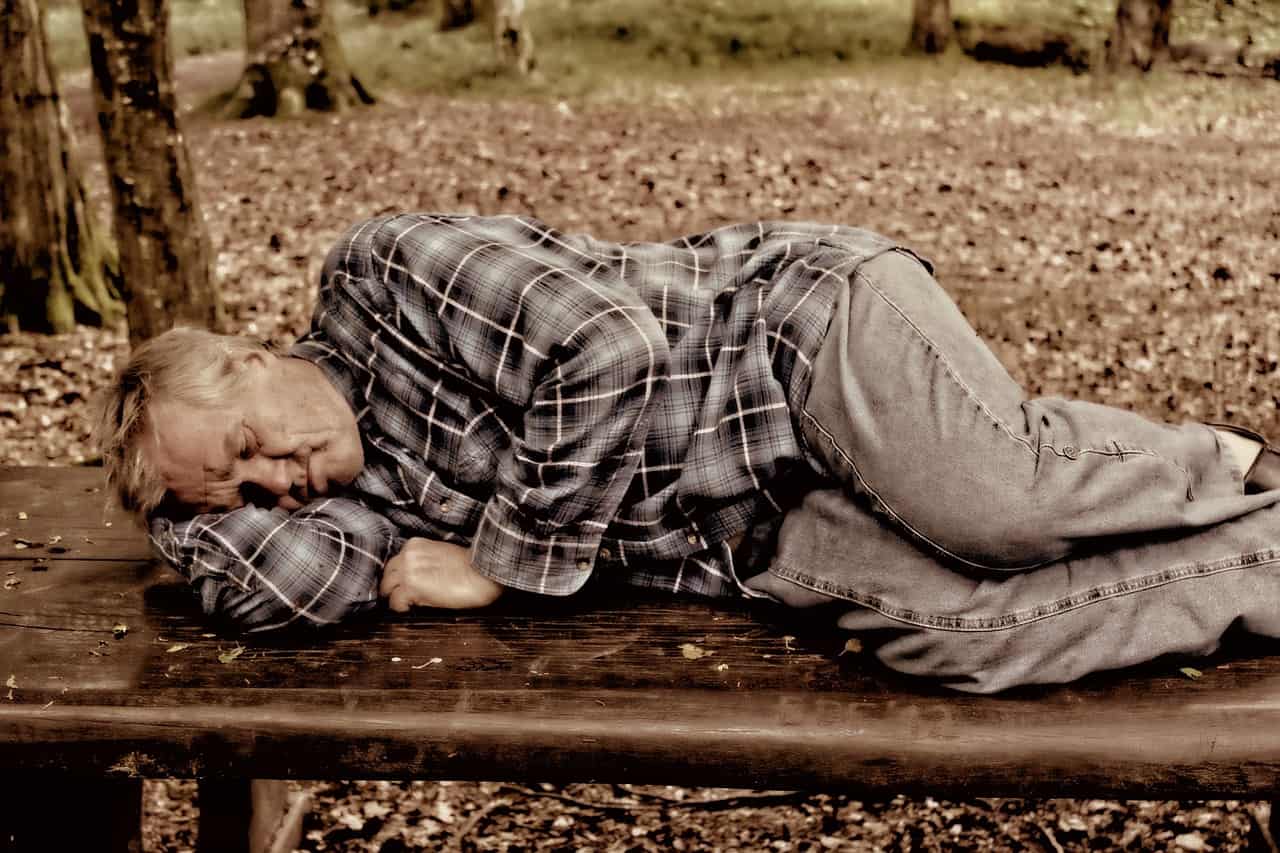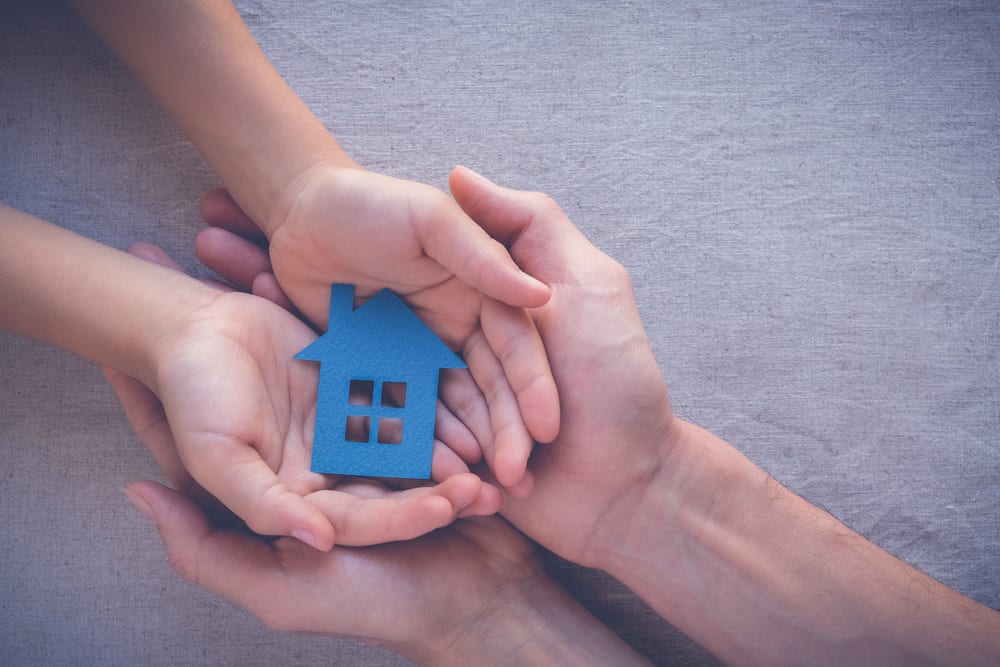Interesting facts about sleep deprivation:
Total sleep deprivation is missing an entire night of sleep. Partial sleep deprivation is not getting the amount of sleep we need during one or more nights. Chronic sleep deprivation is regularly not receiving adequate sleep.
How much Sleep Do We Need?
Sleep needs vary among individuals. When we are experiencing higher stress we need more sleep. Sleep helps our mind and body recover.
Sleep requirements refer to the actual amount of time spent sleeping, not time spent in bed. If you aren’t getting enough sleep, your health, relationships, career, and athletic performance are at risk.
Sleep needs are individual. People who need more sleep aren’t lazy. Their body just needs more sleep to function.
Sleep Deprivation Statistics
- A fully rested person who stays awake more than 16 hours will begin experiencing the effects of sleep deprivation.
- More than 33% of Americans don’t get enough sleep.
- Sleep deprivation has an annual economic cost of $411 billion in the United States.
- Only 56% of Hawaii residents get enough sleep.
- Married people are more likely to get enough sleep than people who have always been single or divorced and widowed individuals.
- The Southeastern United States has the most widespread sleep deprivation.
Effects of Sleep Deprivation
- Partial sleep deprivation can cause as much impairment being legally intoxicated with a blood alcohol level of .1.
- People who are impaired by chronic sleep deprivation may not realize they are impaired because they feel like their normal self.
- After an adult is awake for 16 hours, their pre-frontal cortex begins experiencing the effects of sleep deprivation reduce cognitive abilities, motivation, and self-control.
Deprivation and Chernobyl
Disasters
- Sleep deprivation played a role in five major disasters, including:
- Nuclear meltdowns at Three Mile Island and Chernobyl
- Two large ships running aground, the Princess Star and Exon Valdez
- The Space Shuttle Challenger disaster
Sleep Deprivation and Accidents
- If you’re sleep deprived, you’re 70% more likely to have a car accident than you are when you’re well-rested.
- 20% of all serious car accidents involved a sleep-deprived driver.
- 103,000,000 people have fallen asleep while driving.
- In the United States, 1 million car accidents a year are due to drowsy drivers.
- About 8,000 car accident deaths are due to sleepy drivers each year in the United States.
Sleep Deprivation and Physical Health
- Two nights of full sleep deprivation, or four nights of partial sleep deprivation, decrease the effectiveness of the immune system.
- The risk of premature death from all causes is 13% higher for people who sleep less than 6 hours a night.
- The risk of developing heart disease, high blood pressure, type 2 diabetes, cancer, and obesity is increased when sleep deprivation is experienced.
Sleep Deprivation and Mental Health
- Experiencing sleep deprivation increases the risk of developing clinically significant mental health illnesses.
- Over 15% of people who are diagnosed with major insomnia develop major depression.
- Individuals who suffer from insomnia have a five times greater risk of developing depression.
- Insomnia is a reliable predictor of depression, anxiety (all types), and other psychiatric disorders.
- Panic disorders are twenty times more likely to develop when someone has difficulties with insomnia.
Sleep Deprivation and Mood
- Sleep deprivation can cause irritability that causes us to magnify small problems into ones that seem larger.
Brain and Sleep Deprivation - Sleep deprivation erodes a person’s sense of humor.
- Losing sleep makes us more likely to become angry.
Sleep Deprivation and Memory
- Sleep deprivation makes us more forgetful.
- Memories are stored while we sleep.
- Working memory declines after an adult is awake for 16 hours.
Sleep Deprivation and Self-Control
- Sleep deprivation causes a loss of self-control that can lead to making poor decisions.
- Losing just 22 minutes of sleep can make us more willing to engage in unethical behavior.
- Logical reasoning abilities decline after 16 hours of wakefulness and can be steadily impaired by chronic partial sleep deprivation.
Sleep Deprivation and Relationships
- Sleep deprivation has a negative effect on relationships at home and at work.
- We focus on the negative aspects of our partner when we are sleep deprived.
- We are more emotional and less logical when we don’t have enough sleep, which makes it harder to resolve conflicts.
Sleep Deprivation and Medical Errors

- Many of the 50,000 to 100,000 deaths from preventable medical errors each year may be the result of insufficient sleep.
- Insufficient sleep increases the risk that someone will be uncivil at work which increases the risk that a medical error will occur.
- Limiting doctor’s work shifts to 16 hours and their work schedule to a maximum of 80 hours per week could reduce medical errors by 36%.
- Mathematical capacity, an important skill when determining what dose of medicine to prescribe, becomes partially impaired after 16 hours of wakefulness and can be continually impaired in someone experiencing partial sleep deprivation on a regular basis.
Sleep Deprivation and Work
- Partial sleep deprivation affects the ability to concentrate which can affect the quality of work performed and lead to increased accidents.
- Sleep deprived individuals perceive the amount of control they have at work as 3% less than they perceive it when well rested.
- Individuals feel 5% less supported at work when they are sleep deprived compared to reports when they have adequate sleep.
- 9.6 million hours of work is lost to sleep deprivation each year in the United States.
Checking the Quality of Your Sleep
- The best way to determine whether you are getting enough quality sleep is by using actigraphy, a form of sleep monitoring technology that you may already have on your wrist.
- Keeping a sleep journal in which you record when you went to bed, when you woke up, if you woke up during the night, and how you feel when you wake up and throughout the day is a reliable low tech way to judge the quality of your sleep.
- If you are irritable, sleepy during the day, or are noticing memory problems, talk with your doctor about the quality of your sleep. If you kept a sleep journal or monitored your sleep with actigraphy, bring the information to the doctor with you.
Tips to Prevent Sleep Deprivation
- Eating breakfast, waking up at the same time, and going outside every day can help you sleep more.
- Your mattress contributes to how well or how poorly you sleep. A comfortable mattress can increase the quality of your sleep.
- Refrain from drinking alcohol and caffeine.
- Exercise early in the day helps you sleep at night.
- Spend the hour before bed away from bright lights and electronic devices.
- If you sleep during daylight hours, wear a sleep mask.
- If you nap, limit your nap to no more than 40 minutes.
- Stress management skills can help you quiet your mind and get to sleep faster.
Recovering from Sleep Deprivation
- It takes more than one full night of sleep to recover from a week of sleeping only five hours a night.







Leave a Reply